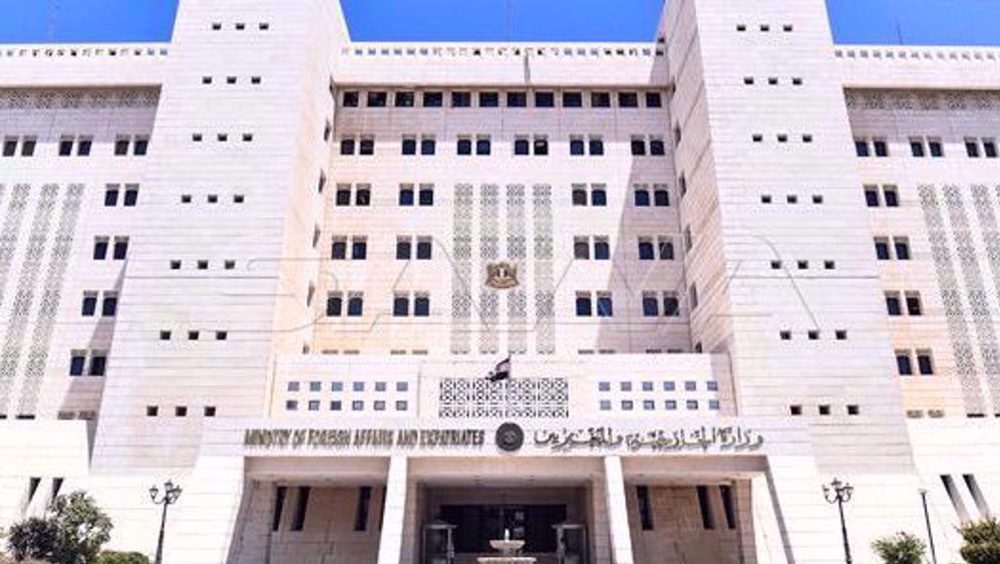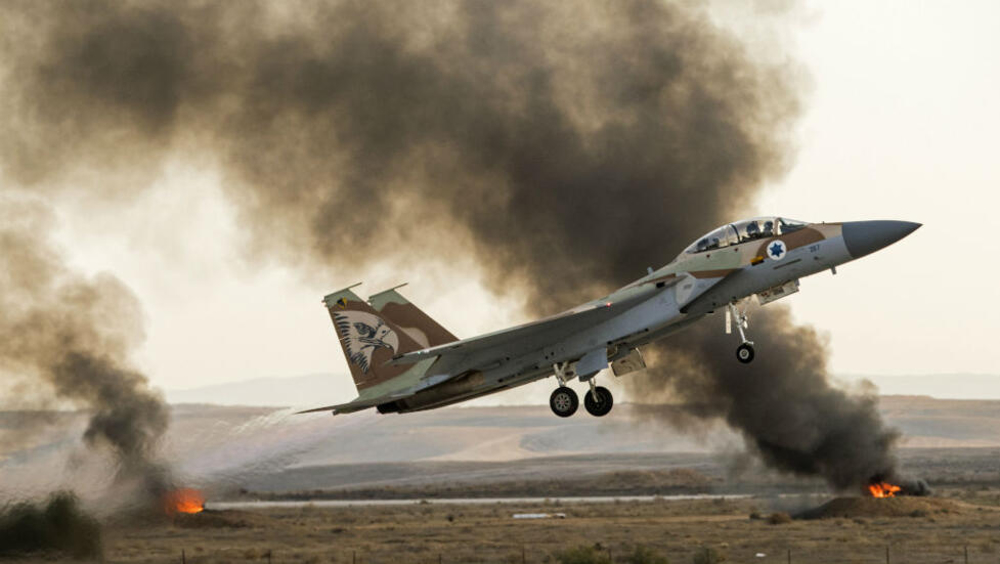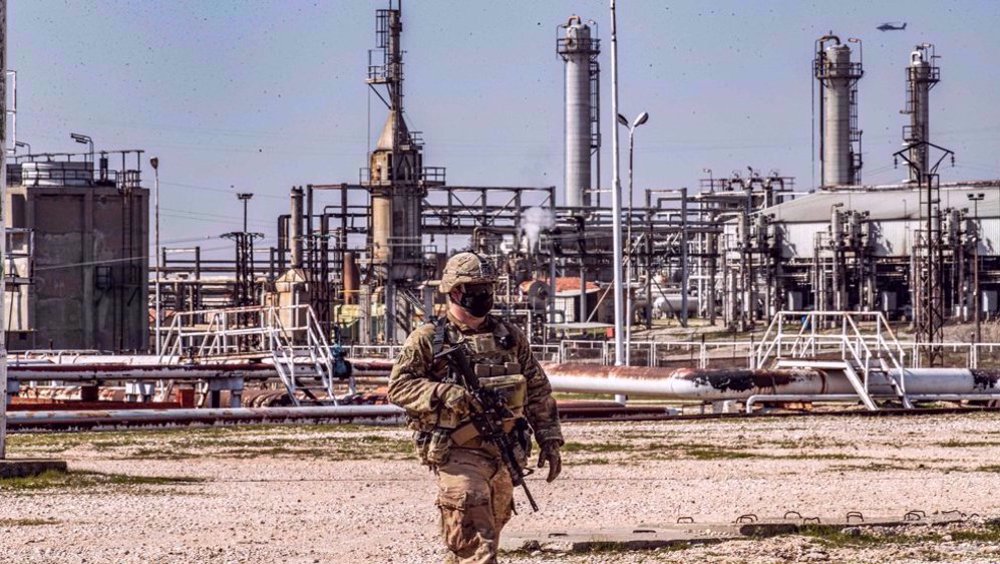US, Saudis urge Syria opposition to accept Assad’s political role: Report
In a major policy U-turn, US and Saudi diplomats have reportedly been urging the armed Syrian opposition to come to terms with President Bashar al-Assad’s role in Syria’s future as Damascus’ army irreversibly holds the upper hand on the battlefield against militant groups.
In a Thursday article, the Associated Press pointed to the major shift in the strategies of Western and regional supporters of Syrian opposition groups and militants with regard to the developments in Syria.
“Western and regional rebel patrons, currently more focused on advancing their own interests rather than accomplishing regime change in Damascus, are shifting their alliances and have ceased calls on Assad to step down,” the report said.
Former US ambassador to Syria, Robert Ford, who is widely considered as Washington’s civil war engineer in different parts of the world and a key instigator of the Syrian conflict in 2011, has ruled out the likelihood of Assad’s removal, saying, “There is no conceivable military alignment that is going to be able to remove him.”
“Everyone, including the US, has recognized that Assad is staying,” said Ford, who is currently a fellow at the Middle East Institute in Washington, D.C.
The Syrian government is currently in control of most of the populated west, while Daesh and al-Qaeda Takfiri terrorists, US-backed Kurds and Turkey-backed militants control the remaining pockets in the north, east and south.
Meanwhile, violence has significantly decreased in de-escalation zones where over 2.5 million people live, including the southern provinces of Dara’a, Quneitra, Suwayda, the northwestern province of Idlib, parts of the central province of Homs and the militant-controlled Eastern Ghouta Province near Damascus.
During the previous round of Syrian peace talks in the Kazakh capital city of Astana in May, delegations from Russia, Iran and Turkey as well as the Syrian sides and the United Nations teams agreed to create the de-escalation zones.

The talks in Astana have been going on in tandem with another series of UN-brokered talks in Geneva, which have been stalled for months mainly due to the opposition groups’ disagreement over Assad’s future political role.
With the next round of Geneva talks on the horizon, even the key supporters of the opposition’s chief representative group, the High Negotiations Committee (HNC), are urging the group to adapt to the new realities, the report pointed out.
According to an interlocutor, who mediates between the opposition and state capitals and requested anonymity, Saudi Foreign Minister Adel al-Jubeir told the opposition it was time to formulate “a new vision.”
“He did not explicitly say Bashar [Assad] is going to stay, but if you read between the lines, if you say there needs to be a new vision, what is the most contentious issue out there? It is whether Bashar stays,” said the interlocutor.
At a two-day meeting in Riyadh this week, which aimed to unify the visions of Syria’s three main political opposition groups, divisions were still on full display.
While the HNC maintained its position that Assad must step down before any political transition, the other opposition group known as the “Moscow Platform” argued that Assad’s departure must not be a precondition for negotiations.
Internal talks are currently underway to restructure the HNC in an attempt to give weight to the more conciliatory voices among the opposition, the report said.
The main supporters of the opposition, the US, EU, Saudi Arabia and Turkey, which are currently more concerned with preserving their own strategic interests than with removing Assad, have changed their priorities in Syria.
The report cited US Secretary of State Rex Tillerson reportedly as telling the UN Secretary General Antonio Guterres that President Donald Trump’s administration “would leave Syria’s fate in Russia’s hands.”
On the other hand, in a speech for Syrian diplomats in Damascus this week, Assad derided the West and said that when it comes to political, economic and cultural ties, Syria will look east.
“We will not give them [our enemies] in politics what they failed to take in war,” Assad pointed out.
Syria condemns US veto of Palestine UN membership resolution
Iraqi resistance forces hit Israeli Ovda air base
Hackers break into Israeli military’s computers, access trove of documents
Tulkarm Brigade commander killed by Israeli forces in raid on refugee camp
Zionist media desperately trying to turn Israeli defeat into victory: Iran
VIDEO | Press TV's news headlines
Iran censures US veto of Palestinian request for full UN membership
Over 14,000 kids killed in Israel’s war on Gaza: UNICEF













 This makes it easy to access the Press TV website
This makes it easy to access the Press TV website